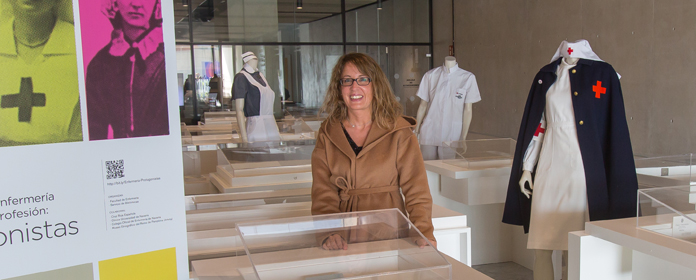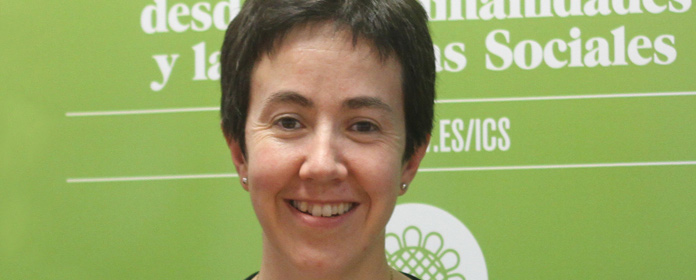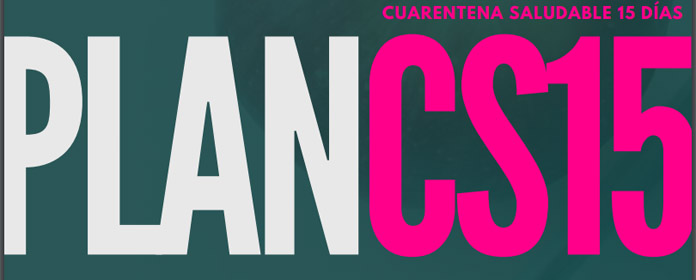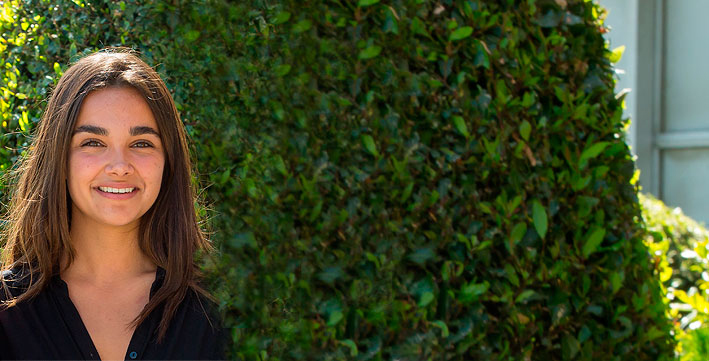Strategy and scientific evidence for dealing with covid-19
Some former students of the Master's Degree University of internship Advanced and management in Nursing of the School tell how postgraduate program has helped them in their work during the pandemic.
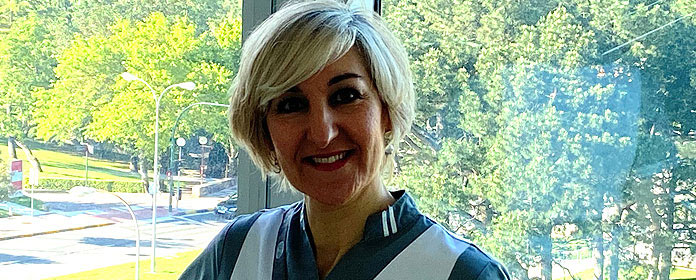
PHOTO: Courtesy
Montserrat Soldado is an Outpatient Supervisor in the Clínica Universidad de Navarra. The covid-19 pandemic has been a continuous and important learning experience for her. "From the beginning, at area , we implemented different protocols that have been modified and adapted to the circumstances. My day is an adventure, with unforeseen events that arise, protocols that change and of which the entire staff team has to be informed, measures to protect patients who continue to come to consultations from possible contagion... I know when I start my work workshop , but not when I finish it," she explains.
Montserrat has approximately 200 people at her position, including nurses, assistants, physiotherapists, nutritionists and technicians. With so many staff and so many services at her position, her day to day life was already intense before the pandemic. Now, everything is different. The disease has forced them to make changes in the organization of staff and their own offices, to implement new protocols and even to create new Departments.
"We had to reorganize the entire consultation staff to select the people who were transferred to reinforce other areas (COVID and non-COVID floors, ICU, AHE, laboratory and emergency) and restructure the consultation activity with the staff that remained," he recalls. "New Departments have also been opened for review of COVID patients belonging to the enquiry of infectious diseases, another department has been created and organized to perform PCR to patients with different high-risk procedures and, recently, the protocol of Triage, assumed by the staff of consultations, has been launched for all patients who come to the Clinic before the recovery of normality. Due to the shortage of material, we have also set up a protocol for sterilization of masks, with auxiliary consultants; and an area has been created to perform serologies for the Clinic's professionals," he says. "In addition, there is all the time that our professionals have dedicated to the telephone attention of patients who, due to the state of alarm, have not been able to travel. Along the same lines, the option for patients to make teleconsultations has been introduced so that they feel attended to at all times and can clarify their doubts."
All these new developments have required a lot of organization and planning; or in Montserrat's own words, "strategy". As a former student of the Master's Degree University of Advanced internship and management in Nursing of the School Nursing, the knowledge acquired in the postgraduate program has helped her to face these months. "I have remembered quite a bit from Professor Ricardo Mateo's subject Strategic Planning. It is important to think, define and plan, since facing the pandemic with the best possible preparation is fundamental. We are living in a historical moment in which everything is new and more is being researched and more is being learned about data in real time. Undoubtedly, the training that Master's Degree has given me is helping me. It is like a practical TFM, where all the subjects come into play," she acknowledges. "Also, Evidence-Based Nursing is being basic and thanks to everything I learned, I can inform myself on the instructions of data and look for articles that help me in my day-to-day work. At final, all the knowledge that the different subjects have given me is providing me with a base that without Master's Degree I would not have had," concludes Montserrat.
Like her, other former students of Master's Degree are also making use of everything they have learned at Master's Degree to face these moments.
Mar Ruiz-Retegui, also a nurse at Clínica Universidad de Navarra, acknowledges that it is sometimes difficult to put the knowledge acquired at Master's Degree on internship . "If I have benefited from anything, it has been the importance of evidencing the decisions that are made, not only in care, but also when it comes to finding reliable sources for transmitting information to family and friends outside the profession," she explains. "My experience enriched by Master's Degree has led me to accompany patients in presence and intention as much as possible, to listen to their concerns and understand what they mean when they tell me their thoughts, and to understand the need behind them. The maturity at staff and professional level that is acquired by the knowledge of Master's Degree has made the difference," says Mar.
Also for Mailén Moyano, who works at the Navarra Hospital Complex, studying the Master's Degree has been core topic to face this pandemic: "The MPAGE has provided me with the tools to understand epidemiological concepts and thus understand the data scope of the pandemic. In addition, the knowledge acquired during the development of the Master's Degree is also allowing me to understand the programs of study being carried out and the interpretation of its results", he explains.
"Before the pandemic, I was working as the director of the specialization program Oncology Nursing and professor of the area of research. I was therefore working in the field of academic management and teaching at the Austral University in Argentina," says María Victoria Brunelli, another alumna of Master's Degree. "As a result of the pandemic, the University has decided to set up a Solidarity Hospital for patients without medical coverage. It is planned as a hospital that will work closely with the Municipality in the care of patients affected by the virus. As project I was interested and did not hesitate to offer to work there as a nurse if necessary", recalls María Victoria. And so it was. When she was immersed in adapting her classes to the online teaching , they called her. "We are working to start up the Hospital Solidario as a field hospital that will support the public health units in the area. We plan to start at the end of May or June, when winter begins here and the peak of contagions is expected," she explains. "We have to start up a hospital in one or two months! I am learning a lot in all areas! I have no doubt that this is the time to show what Nursing is capable of and where the professional choice of many of us seems to stand up," she concludes.
Maya Karina Montalvo, also from Ecuador, tells how the health emergency has forced the reorganization of the entire staff to cover the areas with the highest demand. She works at the Carlos Andrade Marín Hospital in Quito. "The Master's Degree has helped me a lot to be supportive and collaborate in the planning and management of processes for these areas, since many changes were made at the institutional level," she explains.
Naia Hernantes is also living the pandemic from the field of management . "I have spent the confinement teleworking and doing volunteer activities in my community. I have continued with my work, which focuses on the creation of an intersectoral health roundtable in the government," she explains. "But, in addition, I have contributed by providing the most recent scientific evidence regarding covid-19 to keep the crisis table constituted in the San Sebastian City Council up to date to deal with the pandemic," she concludes.

